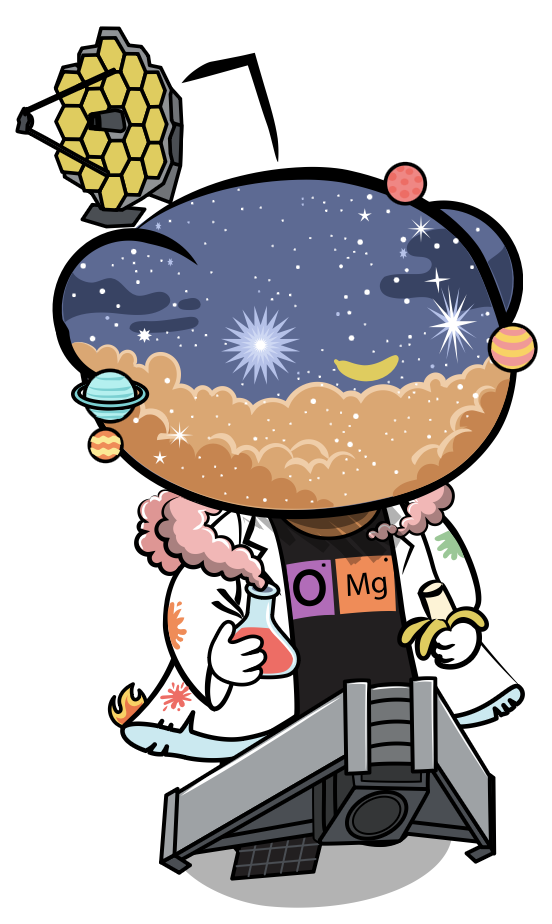What animal or insect going extinct would have the greatest impact on the ecosystem?
 MadCybertist@kbin.social to
MadCybertist@kbin.social to  Moving to: m/AskMbin!@kbin.social – 36 points –
Moving to: m/AskMbin!@kbin.social – 36 points – Curious on some replies here. I always hear having bees go extinct would be horrible for us. Curious if that’s the worse?
You are viewing a single comment
I know it's already on the post but I'll say it.
Bees
To put it simply
"the availability and diversity of fresh produce would decline substantially, and human nutrition would likely suffer. Crops that would not be cost-effective to hand- or robot-pollinate would likely be lost or persist only with the dedication of human hobbyists."
"In Europe alone, 84% of the 264 crop species and 4,000 plant varieties exist thanks to pollination by bees. Some attribute the following quote to Albert Einstein: "If the bee disappeared off the face of the Earth, man would only have four years left to live.""
Bees are very important, you kill them off and Humans would die
We would be fine without Mosquitoes tho
Bees are already dying in great numbers.
Allowing the mass scale production and deployment of chemicals that kill bees really is the real life version of feeding crops with Brawno in Idiocracy.
Reminder that "bees" doesn't just mean honeybees.
Honeybees are actually bad for most place, they out compete native pollinators and fuck up ecosystems.
Is there another pollinator that could take their place?
Not really. Flies do a surprising amount of pollination but they are not interested in the same things that bees are, or as diligent.
frikkin slackers!
Bats are responsible for a lot of pollination too.
Most of our essential crops are wind pollinated (e.g. rice, wheat, corn) or asexual (potatoes). Colony collapse disorder is a real problem of course and colony management/replacement really eats into profitability, but domesticated bees won't become extinct because we so intensively manage them - however other species may be in real trouble. In addition, if we remove the main human causes of colony collapse (neonicotinoids?), they can potentially recover quite quickly, so it's not a problem that takes hundreds or thousands of years to fix, like some others - if we have the will to do it.